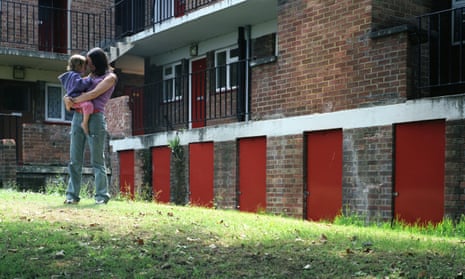Happy International Women’s Day! It’s the one day a year we can come together as a gender to celebrate a 13% disparity in public sector pay by drinking pink IPA and liberating our “This Is What a Feminist Looks Like” T-shirts from the back of the wardrobe (if you find yourself bothered by the fact that the women who manufactured them were paid just 62p an hour, it’s time for another fuchsia pint).
Forgive me for not getting into the party spirit. The establishment’s co-option of International Women’s Day, as well as the stunted imagination of mainstream feminism, demonstrates why we need to build a movement able to take on the full range of forces that immiserate us – from the housing crisis to the government’s “hostile environment” immigration policy – and to resist the temptation to abstract gender from wider societal relations.
If you’ve been following the popular press, you’d be forgiven for thinking that International Women’s Day is just Christmas for ladies. London’s premier tube-door obstruction, the Evening Standard, thoughtfully compiled a list of gifts with which to treat the #GirlBoss in your life. Because nothing says “gender emancipation” like an £8.50 Flamingo Trinket Dish, apparently. On the less facile end of the listicle spectrum, Vogue implores their readers to shop for “empowering picks”: a set of “Nevertheless, She Persisted” pyjamas (RRP: £495) caters for the well-heeled and woke, with all profits going to Bloody Good Period, who give menstrual supplies to asylum seekers, refugees and those who can’t afford them.
Don’t get me wrong, efforts to address the indignity of period poverty are indeed laudable, and make a real difference to people whose monthly cycles are a persistent source of dread and shame due to something as arbitrary as money. Amika George’s #freeperiod work is a particularly impressive example of such campaigning. However, many woman-centred initiatives – whether driven by NGOs or independent bodies – tend to present such demands as apolitical. I was struck by an observation made by the Guardian columnist Zoe Williams at a live recording of The Guilty Feminist podcast celebrating 100 years since partial women’s suffrage. She commented that the same woman who can’t afford tampons probably can’t afford socks. Or maybe she’s one of the 46% of young mums who skip meals in order to feed their children. She could be among the 18,750 households made homeless in 2016 after being evicted from a private home.
These forms of economic dispossession are rarely articulated as feminist causes. Instead, issues such as period poverty are a depoliticised focal point for women’s collective action; biological essentialism is reinforced as we are encouraged to embrace “the power of the period” in order to celebrate “our femininity”. Corralling the menstruating population into a community is easier said than done: not all women have periods, not all people who have periods are women, and in any case, lots of us greet the monthly Marxist insurrection with more than a little indifference.
I can’t help but feel that trying to locate a universal femininity in either consumer culture or particular bodily functions serves as a way to opt out of dealing with the multiple processes that impede our full participation in society. Feminism isn’t about curating or policing the boundaries of womanhood. It’s about being able to grapple with highly gendered outcomes – like women bearing 86% of the austerity burden – of processes that do not, fundamentally, need gendered difference in order to work as tools of social control. It might sound counterintuitive, but any movement for women’s liberation needs to break out of a self-imposed silo of gender discourse.
Which means standing in solidarity with male victims of state violence who, despite making up the overwhelming majority of immigration detainees, are often overlooked in favour of a focus on the experiences of vulnerable women (including in my own work). Today, on International Women’s Day, I’ll be participating in a 24-hour fast in support of #HungerForFreedom, alongside the men and women of Yarl’s Wood immigration removal centre.
Together, detainees and the public at large are protesting against indefinite detention, the Home Office’s continued disregard for its own policy that opposes locking up vulnerable people (including survivors of sexual violence), the deportation of young adults brought to the UK as children, and the employment of detainees for menial work at £1 an hour. The #HungerForFreedom strikers’ demands link gendered experience to other forms of systematic oppression – and in doing so, teach feminists of all stripes a valuable lesson in how to embed one’s politics in a direct confrontation with one’s immediate material conditions.
International Women’s Day, if it is to claim any kind of political relevance, has to reject ladies’ Christmas consumerism and lowest-common-denominator universalism. Look beyond the pink beer and pyjamas; as feminists we need to be concerned with payslips and passports.

